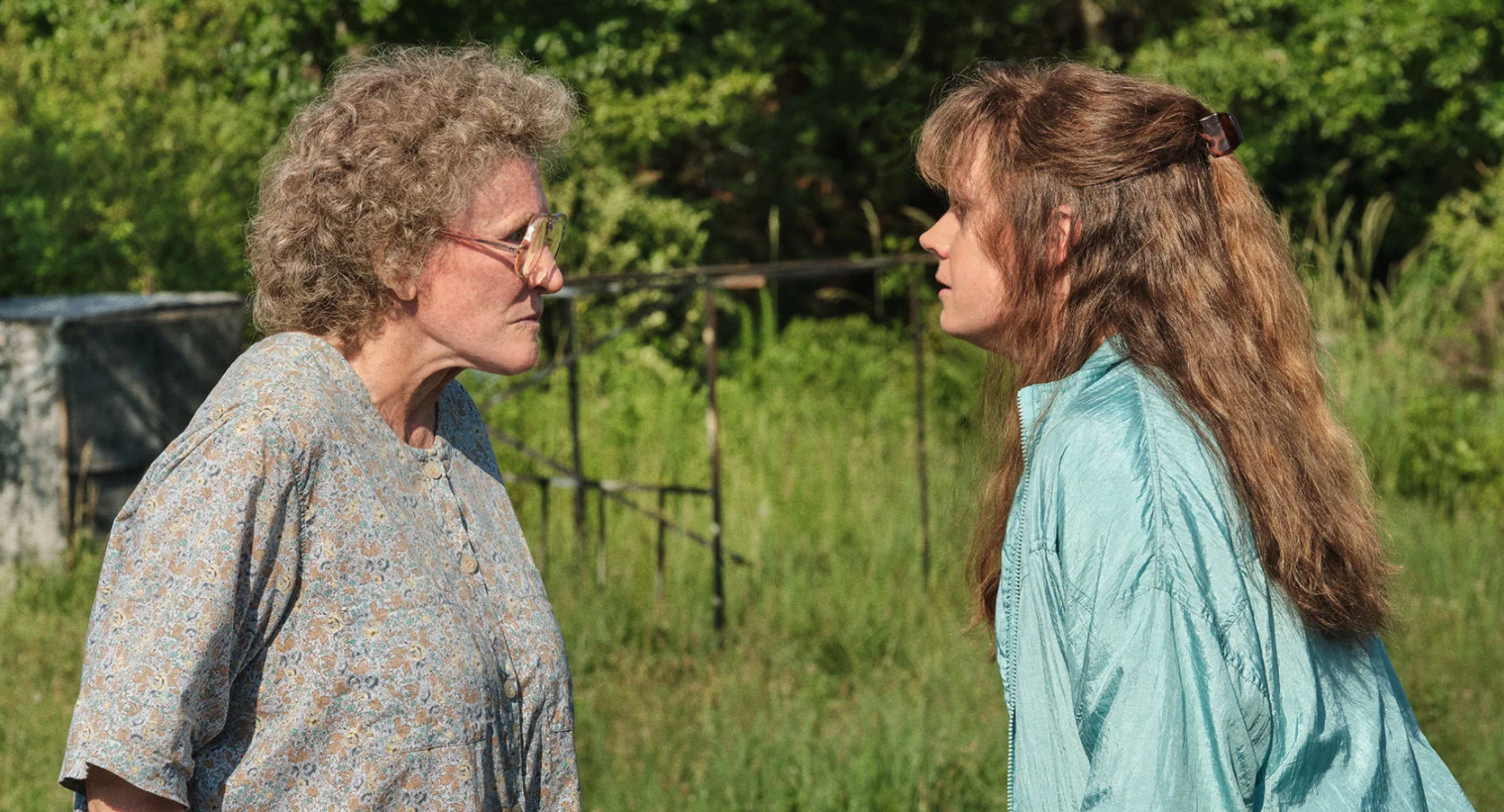In a 11.10 column titled “Amy Adams and Glenn Close’s Oscar Chances Try to Stand Above ‘Hillbilly Elegy‘”, Variety‘s Clayton Davis begins with the following sentence:
“In a time where the world is as polarized as ever, there seems to be a yearning to show oppression in all cultures. With Black Lives Matter gaining significant traction, a film about a Caucasian venture capitalist’s upbringing doesn’t feel exactly well-timed in our climate.”
HE translation: “At a time of peak wokeness in Hollywood — a time in which we’re all trying to rejuvenate if not overturn the old order and introduce a new political and social heirarchy that celebrates diversity and strong women and LGBTQs — forward-thinking Hollywood professionals would be wise to think twice about liking this film, mainly because it focuses on scurvy low-rent rurals in overalls, and nobody wants to celebrate this kind of thing at this point in time…right?”
All along I’d been nursing similar thoughts about Hillbilly Elegy. How could I sympathize with people whose views and politics I consider to be totally vile if not anti-Democratic, considering their unwavering support for an authoritarian Mussolini?
But the strangest thing happened when I finally saw Ron Howard‘s film. I stopped thinking of it as a journey into a nightmare filled with no-good polecat varmint Trump supporters, and instead as a portrait of stressed-out, hardscrabble, low-income types who feel stuck and unable to escape their lives. In short I felt twinges of sympathy and even compassion from time to time.
But that’s me.

